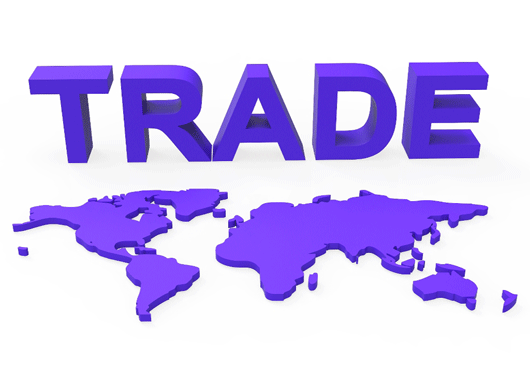
Visit Our Sponsors |
|
|
|
|
|
|
|
|
|
|
|
|
|
|
|
|
|
|
|
|
|
|
|
|
|
|
|
|
|
|
|
|
|
|
|
|
|
|

According to the results of the report, titled "Value of Air Cargo: Air Transport and Global Value Chains," for every 1 percent increase in air cargo connectivity, countries studied in the report saw a 6.3 percent boost in trade activity.
“Air cargo is key in supporting the current global trading system,” concluded Brian Pearce, chief economist at IATA. “In 2015, airlines transported 52.2 million metric tons of goods, representing about 35 percent of global trade, by value. That is equivalent to $5.6tr worth of goods annually, or $15.3bn worth of goods every day.”
The study — commissioned by IATA and conducted by Developing Trade Consultants — cited several factors that contributed to the connectivity/trade correlation, including legislative actions such as the ratification of the 1999 Montreal Convention to enable countries to adopt e-freight, as well as the World Trade Organization’s Trade Facilitation Agreement and the World Customs Organization’s revised Kyoto Convention to reduce complexity and costs of cross-border trade.
Other trade enhancements, such as the proliferation of electronic air waybill (e-AWB) and the implementation by governments of “single window” processing, also played a major role in improving trade via air cargo, the study found.
RELATED CONTENT
RELATED VIDEOS
Timely, incisive articles delivered directly to your inbox.

